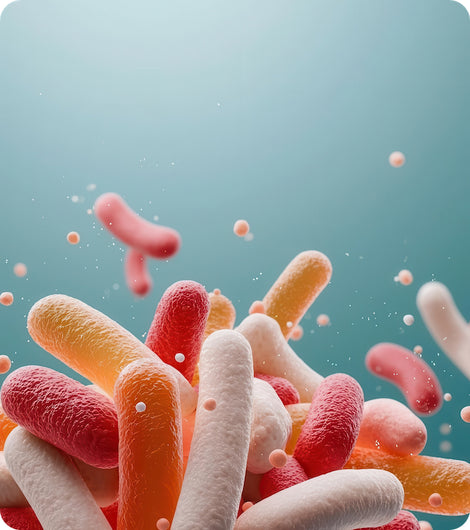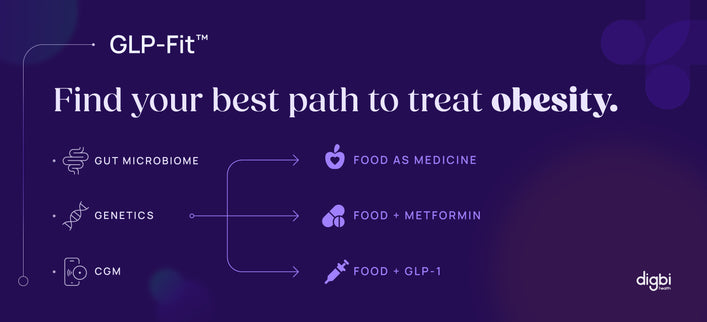As you may have learned in our previous blog, serotonin plays a fundamental part in your well-being and mental health. But where does it come from? How is it created?
Going to the Source
Serotonin is mostly created in the digestive system. Yes, you heard that right - it’s made in the gut. Only 5% of your serotonin lives in the brain while the rest is housed in the lining of your gastrointestinal system. Also known as 5-HT, serotonin plays a critical role in even the gut’s functioning by regulating bowel movements. It controls how fast food moves through the GI tract, and also sensitivity to sensations like pain and fullness from eating. No surprise then, low levels of serotonin can affect hunger and thus our relationship with food.
How serotonin helps your Gut and Brain “talk”
Your gut and brain “talk” to one another regularly to control individual parts of your body. More attention is being paid to this “gut-brain axis” in research, so learning about this communication system is bound to pay off in health insights.
Serotonin created in the gut doesn’t just benefit digestion. New research suggests that the gut microbiome controls the brain and behavior in various ways. The gut can process more or less tryptophan (the amino acid that is a precursor to serotonin) and change serotonin neuron signals to influence your behavior. That’s incredible, right?!
New Brain & Body Tricks with Tryptophan
Preclinical research has discovered that changing the gut microbiota affects the amount of tryptophan in your body.
How, you ask? Gut bacteria can actually hold tryptophan “hostage” in a particular way. It uses the amino acid so it’s unavailable to the “host.” (Hint: you are the host in this situation.) This suggests that changing the way we eat, and the foods we choose to eat can help modulate the levels of serotonin created in the body.
Let’s Talk Metabolites
Intestinal metabolites aren’t mentioned in small talk, but they are running several physiological processes in your body regularly.
Some of their jobs include:
- Energy metabolism - how your cells process energy, and
- Immunity - how well you fight off illness or infection.
These metabolites aren’t something you can just pick up at the neighborhood store; they’re usually produced by your gut bacteria. They include nutrient-rich substances like free fatty acids, amino acids, and vitamins. Bacteriocins (they fight infections by killing bacterial cells) are an example of a metabolite that is ONLY cultivated by gut microbiota.
Clearly, we would be at a disadvantage without our gut bacteria producing these metabolites, essential for the body’s functioning. Tryptophan - another such metabolite, is not only beneficial for mood, but it’s necessary for the synthesis of protein. Therefore, it’s essential for the overall health and development of every human being.
Tryptophan’s Body Trip:
From the Gut...to…YOUR BRAIN
Your gut helps your brain out by modulating tryptophan into substances like serotonin. Serotonin influences the way your gut bacteria communicate with your gut-brain axis, therefore, enhancing or abating your brain’s function and mood.
This pathway of communication is not simple, so we are still learning about its intricacies. However, recent studies show promise in therapeutic care approaches for gut-brain axis disorders (depression, IBS, etc.) - like the programs at Digbi.

















